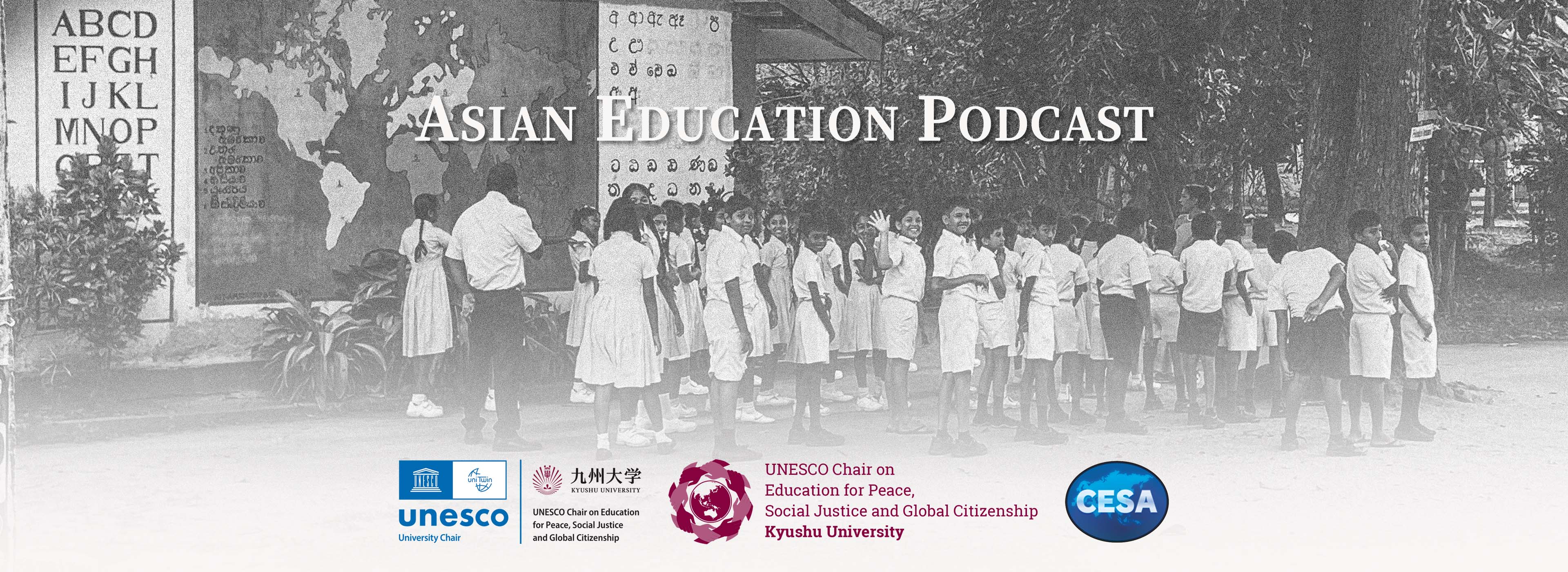
In this final episode of our first season, Edward Vickers talks to Prof. Lin Tzu-Bin of National Taiwan Normal University’s College of Education about one of the most ambitious - and contentious - education policies to be introduced in Taiwan in recent years: the Bilingual Education Policy. Introduced by the current administration of the Democratic Progressive Party (民進黨 or DPP) in 2018, the policy aims to transform Taiwan into a ‘Bilingual Nation’ by 2030.
Positioning himself as a constructive critic, Professor Lin has become one of Taiwan’s leading public commentators on this bilingual education initiative. In this conversation, he and Ed begin by discussing the politics behind the push for bilingualism, as well as the wider debate over language education in Taiwan. As with so much else in Taiwanese culture and public life, issues of identity and of the island’s relationship with China loom large.
Singapore, where Prof. Lin recorded this interview, has frequently been invoked as a model by Taiwanese advocates of bilingualism. But for reasons he and Ed go on to discuss, the Singaporean experience is hard to replicate in the very different context of Taiwan. The declared aim of achieving a bilingual society by 2030 is also unlikely to be achieved, and the setting of such a goal, Lin argues, reflects the political dynamics driving support for this policy within the DPP rather than a sober assessment of educational reality.
Nonetheless, Lin acknowledges the appeal of bilingualism to parents, students and Taiwanese society as a whole. He declares himself a supporter of bilingualism as a long-term goal or aspiration, but seeks to set out a practicable road-map for achieving this. In doing so, he emphasises the importance of building the capacity of Taiwanese teachers to use a Mandarin-English hybrid approach for teaching various schools subject. The use of native-speaking English teachers can make a useful contribution to the teaching of English itself, but does not in his view constitute a magic bullet for speedily achieving bilingualism across the school curriculum.
This conversation illustrates how the politics of English as a global language intersects with the fraught politics of identity in the Taiwanese context. These issues of identity and language politics are ones to which we will return in future episodes of the podcast.
Suggested readings:
Lin, T.-B. (2021). Bilingual Education: 20 Lessons. Taipei: Parenting. 林子斌 (2021)。雙語教育:破除考科思維的20堂雙語課。親子天下。
Lin, T.-B. (Ed.). (2023). Bilingual Education: The Implementing Experience of the FERTILE Model in Taiwanese Schools. HigherEd Book. 林子斌(主編)(2023)。雙語教育:沃土模式在臺灣教學現場之實踐經驗。高等教育出版社。
Haruna Kasai (2022) Taiwanese multiculturalism and the political appropriation of new immigrants’ languages, Comparative Education, 58:4, 509-525, DOI: 10.1080/03050068.2022.2099657
